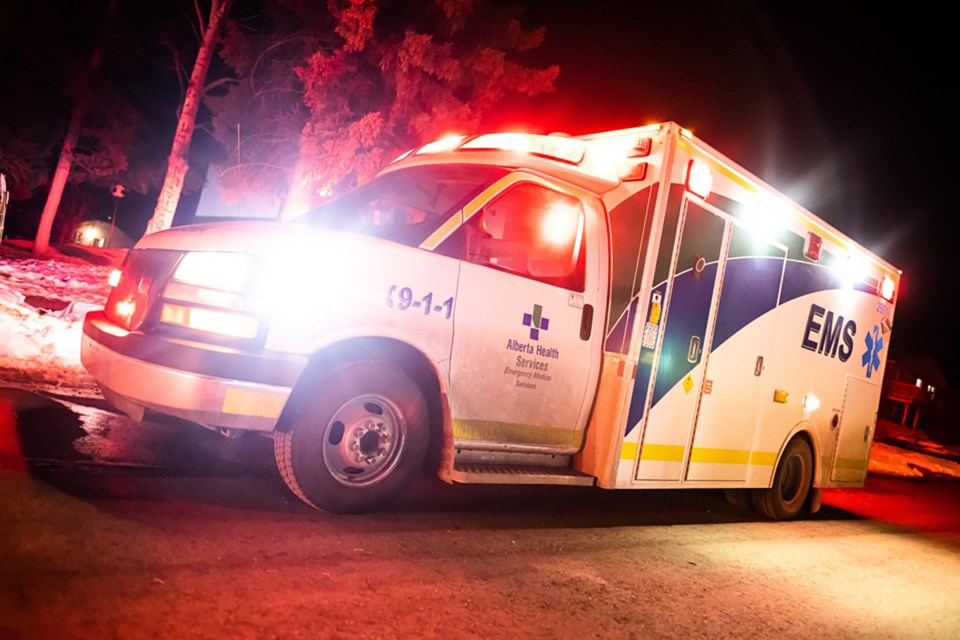Thirteen non-profit organizations and six researcher projects will be sharing $1.5 million in grants disbursed through Alberta's Supporting Psychological Health in First Responders (SPHFR) program.
The 2023-24 grant recipients were revealed May 9, and include funding for a resiliency for Stoney Nakoda First Nation EMS, Post Traumatic Stress Injury (PTSI) workshops for Elk Point firefighters, and critical incident stress management training for 265 Alberta first responders through the Alberta Critical Incident Advisory Council (ACIAC).
“We are deeply thankful for the Government of Alberta’s ongoing support of the Alberta Critical Incident Peer Network, which has been instrumental in enhancing the mental health of our first responders. This funding has allowed us to expand our network to over 3,000 trained peers across 170 organizations, providing vital support and recovery services,” ACIAC directors Gregg Schaalje and Matthew McKeage said in a news release.
"The proof of its impact is in the strength and readiness of first responders. We’re grateful for a partnership that continues to make a real difference in helping those who keep the public safe."
More than 300 first responders file Workers’ Compensation Board claims related to PTSI each year in Alberta. Between 2019 and 2023, these claims cost more than $227 million.
“Alberta’s first responders and emergency workers protect our lives and communities every day, often at a cost to their mental health and well-being. These grants will help alleviate some of the suffering first responders and emergency workers living with post-traumatic stress injuries face by supporting improved services and valuable applied research,” said Minister of Jobs, Economy and Trade Matt Jones.
The Stoney Nakoda First Nation mental health resiliency program was awarded a grant of $75,083. The project aims to provide services to help local EMS address stress, anxiety, trauma and grief, and will incorporate land-based activities like sweats, picking sage and sweetgrass, and smudging with meditation and other wellness practices.
The Elk Point Firefighters Association will receive $13,625 from the program to run a series of workshops for volunteer firefighters and their families. The workshops will cover the common symptoms of stress injuries, underscore the importance of getting treatment for PTSI, and introduce resiliency strategies.
Symptoms of PTSI include intrusive thoughts, nightmares and flashbacks, feeling on edge, intense emotions, and avoiding places, people, or activities that may remind someone of the trauma.
Currently, people at high risk of developing PTSI are identified through behavioural observations, self-reporting of symptoms, or questionnaires and interviews, and many stress injuries go unnoticed until symptoms become severe. Gaang Lee, a researcher from the University of Alberta, will receive $98,448 to develop a wristband biosensor to be worn by first responders after a potentially traumatic incident. If successful, the wristband could predict PTSI vulnerable first responders and identify them for preventative treatments.
Since being introduced in 2020, Alberta’s SPHFR program has given out $6 million in grants. Applications for the 2024-25 round of funding are open until May 27.




